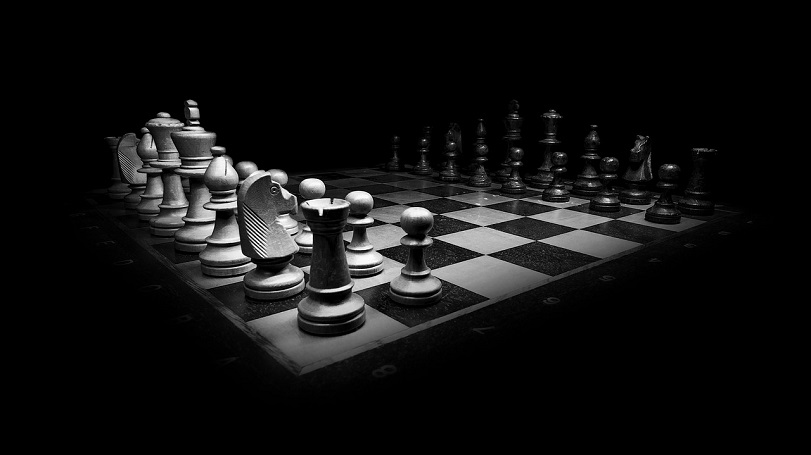Physical Address
304 North Cardinal St.
Dorchester Center, MA 02124
Physical Address
304 North Cardinal St.
Dorchester Center, MA 02124

Don’t we all admire how most chess players have this excellent analytical skill that they use in-game? Chess – a game where one decision can drastically change the outcome. Interestingly, our life binds us with the same principle. In fact, our one decision not only impact us but can also impact the lives of others living in our bubble.
We all know by now how crucial is to make the proper decisions at the right times, and we also know how playing chess can help us to learn about better decision makings. But there are few other lessons that your child can learn through Chess.
So without delay, let’s open the board.
Table of Contents
When playing chess, youngsters must consider how their opponents will react to their movements and how they will reply to them. Chess, in short, pushes them to think two steps ahead of the game. These assist youngsters in considering random possible outcomes of their decisions that result in their capability to think outside the box.
Chess players frequently confront circumstances in which they cannot see a way out. Some people keep waiting for their opponents to make a mistake so they may turn the tables. When players gain expertise in the game, they begin to create chances for themselves rather than waiting for them.
Similarly, life tends to put us in the same situation where we don’t see any other possibilities. However, if your kid has been playing Chess, he or she will discover that if we search deeply enough, there is a solution to everything. Instead of waiting for chances, they would always strive to create them.
Even though the only things that move in a Chess game are the Chess pins and the player’s hand. However, hidden beneath these simple motions are complicated techniques and strategies for planning the next move and the next move. Players will quickly find that the more they think, the better their decisions will be. As a result, kids will understand that patience and playing the game will take them to their final objective.
Similarly, there are numerous times in our lives when we make a snap judgment and afterward regret it. However, if a chess player is put in such a circumstance, he or she will take the time to make a choice regardless of how essential it is. Because they have learned through previous experience that making snap judgments might have unexpected consequences.
When children start to play chess, they usually want to save all of their pins. But neither chess nor life works that way. Chess puts children in an adverse circumstance where they must make difficult decisions in order to win the game. They may confront scenarios in which they must select between two unpleasant options. Their odds of winning or losing the game alter dramatically depending on what they sacrifice and maintain.
We must also encounter circumstances in life when we must select something while forsaking others. Kids will know what to choose based on their goals, whether in school, relationship, job, or desire. And one of the most essential life lessons everyone learns from chess is this.
To wrap this up, kids will learn to think outside the box, create opportunities for themselves, have patience and make hard decisions in life. These are some valuable life lessons one can be equipped with to check-mate their dreams and desires. If you don’t often see your kid playing Chess, here’s a Chess game for kids online that will make them hang onto it until they learn to play it.